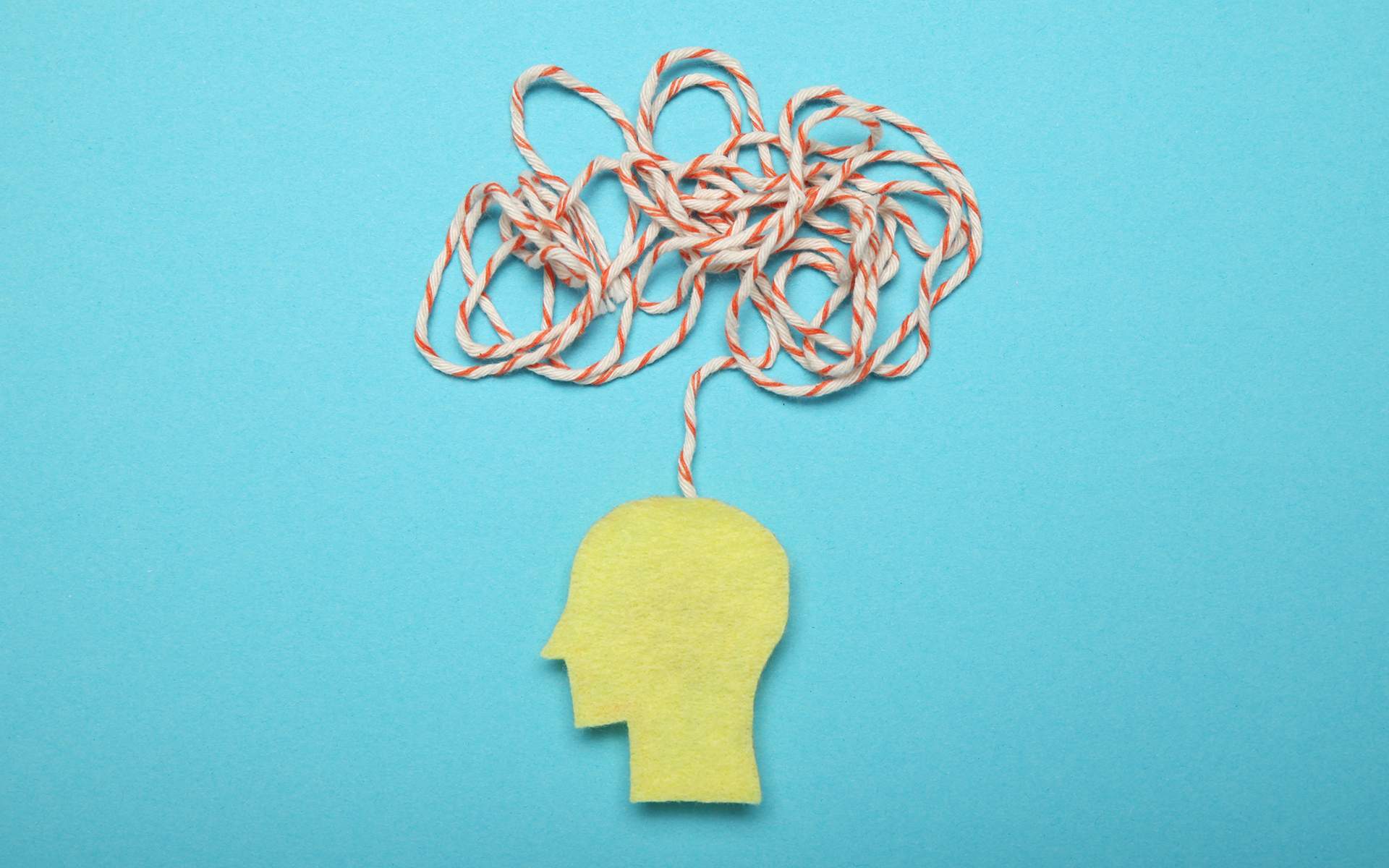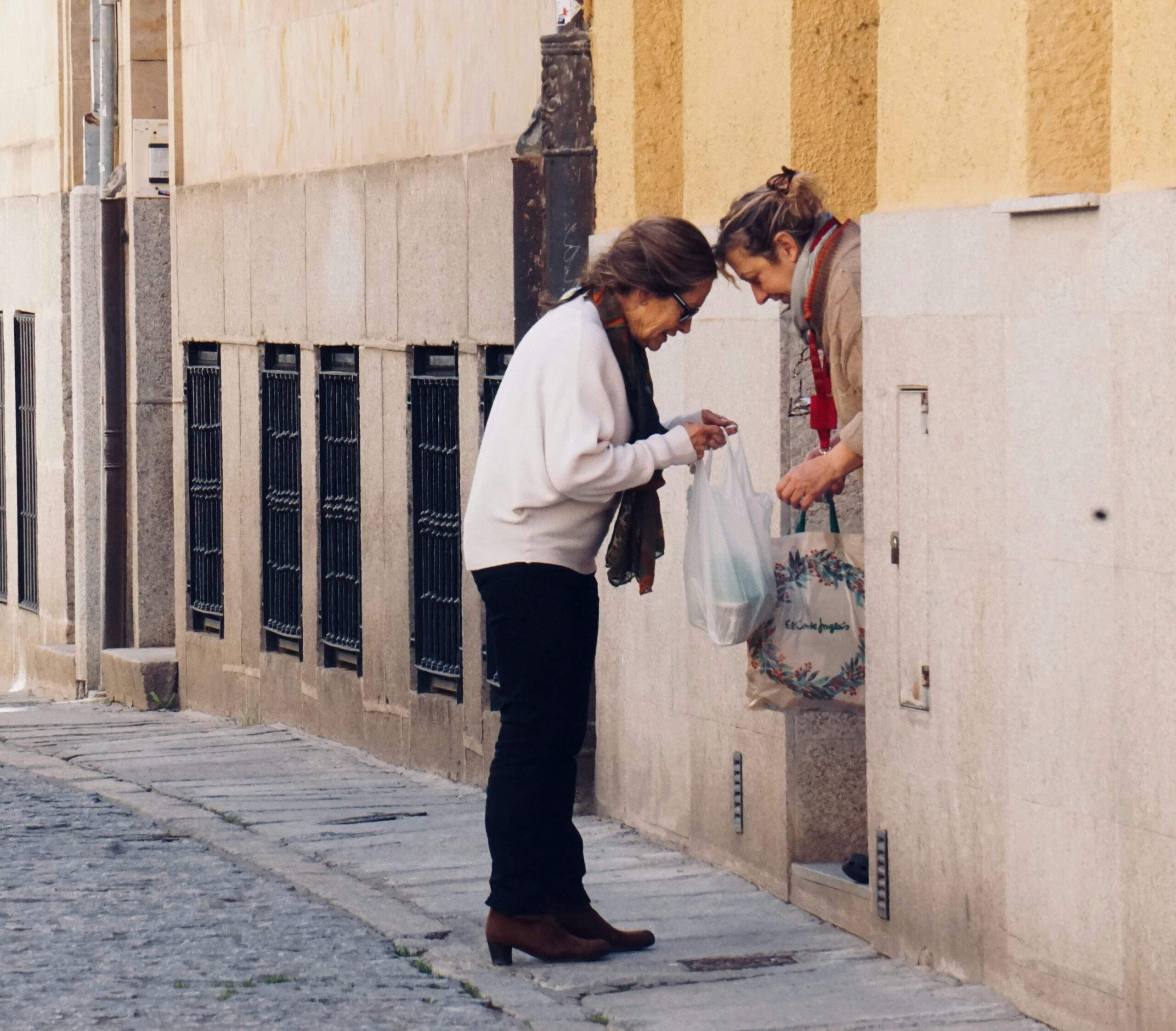Many families are spending more time together than ever, under extraordinary circumstances. In this video, psychologists and mindfulness teachers Elisha Goldstein and Stefanie Goldstein talk about the mindfulness techniques and skills they’re employing with each other and their three sons to make their family time richer, deeper, and more peaceful.
7 Things Mindful Families Do Differently
1. Embrace Imperfection
Even in the best of times, none of us are perfect parents: We get triggered, overreact, and say and do things that we wished we hadn’t. During this strange time in the world, parenting probably feels different, and harder than ever before.
Let’s be clear—you are going to make mistakes, you are going to hurt your children’s feelings, and you are not going to be able to show up in all the ways you want to or the ways your children want you to, but NONE of that makes you a bad parent—it only makes you a human one.
When we beat ourselves up over our mistakes and imperfections we create more pain, fear, and disconnection.
Maybe your kids are watching more TV than usual, or not eating as healthy as they used to. Rather than being hard on yourself, embrace this imperfection. Remind yourself: there is no book written on how to parent during a pandemic.
When you can move into a place of acceptance, you are able to shift into a greater ease and grace within yourself. When we beat ourselves up over our mistakes and imperfections we create more pain, fear, and disconnection.
2. Listen with Curiosity
How many times have you been reading an email or checking your phone while your child or partner speaks to you, nodding your head along to what they’re saying—only to suddenly realize you haven’t listened to a single word of their conversation?
We are often distracted, and with many of us working—or, in our children’s case, attending school—from home, it can be even more difficult to practice active listening.
By listening with curiosity, we decrease the chances of misunderstanding and increase the opportunity for greater connection and growth as a family.
3. Communicate Courageously
Let’s be honest, being vulnerable is hard and at times even scary, which is why we sometimes find ourselves avoiding tough conversations with each other. Now that we’re at home more often, the chances of getting into an argument with a partner or family member are even higher than before.
Part of communicating means reflecting on your own inner thoughts and feelings. For example, if you feel upset with your partner, ask yourself—what do you need from them going forward?
While in the moment it might feel easier to sidestep talking about something painful or uncomfortable, what is left unspoken and unresolved can turn into a slow poison. The truth is, being clear and honest with each other about what you need and how you feel is ultimately an act of kindness that lays the foundation for better things to come in the future.
4. Practice Appreciation and Gratitude
It may feel impossible, given the current climate, to concentrate on anything other than the bad things around us. However, finding small things to feel gratitude and appreciation for—sunshine, warm meals, flowers in the garden—can boost your mood.
There are so many opportunities for appreciation with one another, like acknowledging our kids or our partner for emptying the dishwasher or being ready on time.
Making appreciation and gratitude part of your regular routine can help your entire household become more optimistic and relaxed during this trying time.
5. Forgive Ourselves and Each Other
Every family has its hard moments. There are times when we don’t feel listened to, appreciated, or seen and there are other times when people are cranky or “hangry” and say things they don’t mean or wish they could take back.
As Lily Tomlin once said, “forgiveness means letting go of any hope for a better past.”
The following three steps can help you forgive yourself and others:
Forgive—If we have transgressed, we can set the intention to “forgive” ourselves for this wrongdoing, understanding that we can’t change the past, remembering that we aren’t perfect, and realizing that we often make mistakes out of ignorance, confusion, or upset feelings.
Investigate—Practice self-reflection and communication to investigate and discover how you would respond differently next time.
Invite—Invite yourself to begin again, drawing on the lessons learned from this process.
6. Practice Support and Generosity
You may not be in a position to give financially, and physical distancing makes it more difficult to volunteer at a local food bank or fundraiser. But there are still ways to practice support and generosity in your community.
Maybe this looks like reaching out to a friend who is living alone, and asking how they’re doing. Or offering to go grocery shopping for someone you know who is immuno-compromised. Or putting a sign up in your window supporting and thanking essential workers.
There are so many different ways to express generosity and compassion. These small or large acts are the essential healing agent within the family system, our culture, and the world. Ultimately, connection is the cornerstone of well-being and it starts in the family.
7. Have Fun and Play
This is a serious time, but if we don’t take a break from news updates, Twitter feeds, and work emails, we risk burning out. Give yourself moments throughout the week to be present and playful.
Game nights, walks around the block, baking together, or watching funny YouTube videos can bring moments of light and joy into your day and connect your family.
Adapted from 7 Things Mindful Families Do Differently published on Mindful.org.
read more
7 Ways to Ease Your Anxious Mind
Elisha Goldstein, psychologist and founder of the Mindful Living Collective, offers seven daily practices to help us feel calm and stay grounded in uncertain times. Read More
5 Ways to Reimagine Life in Quarantine
How we respond during COVID-19—either sliding into a rut, or dreaming bigger—defines whether we’ll be able to thrive collectively on the other side of the crisis. Read More










